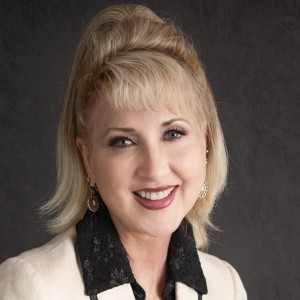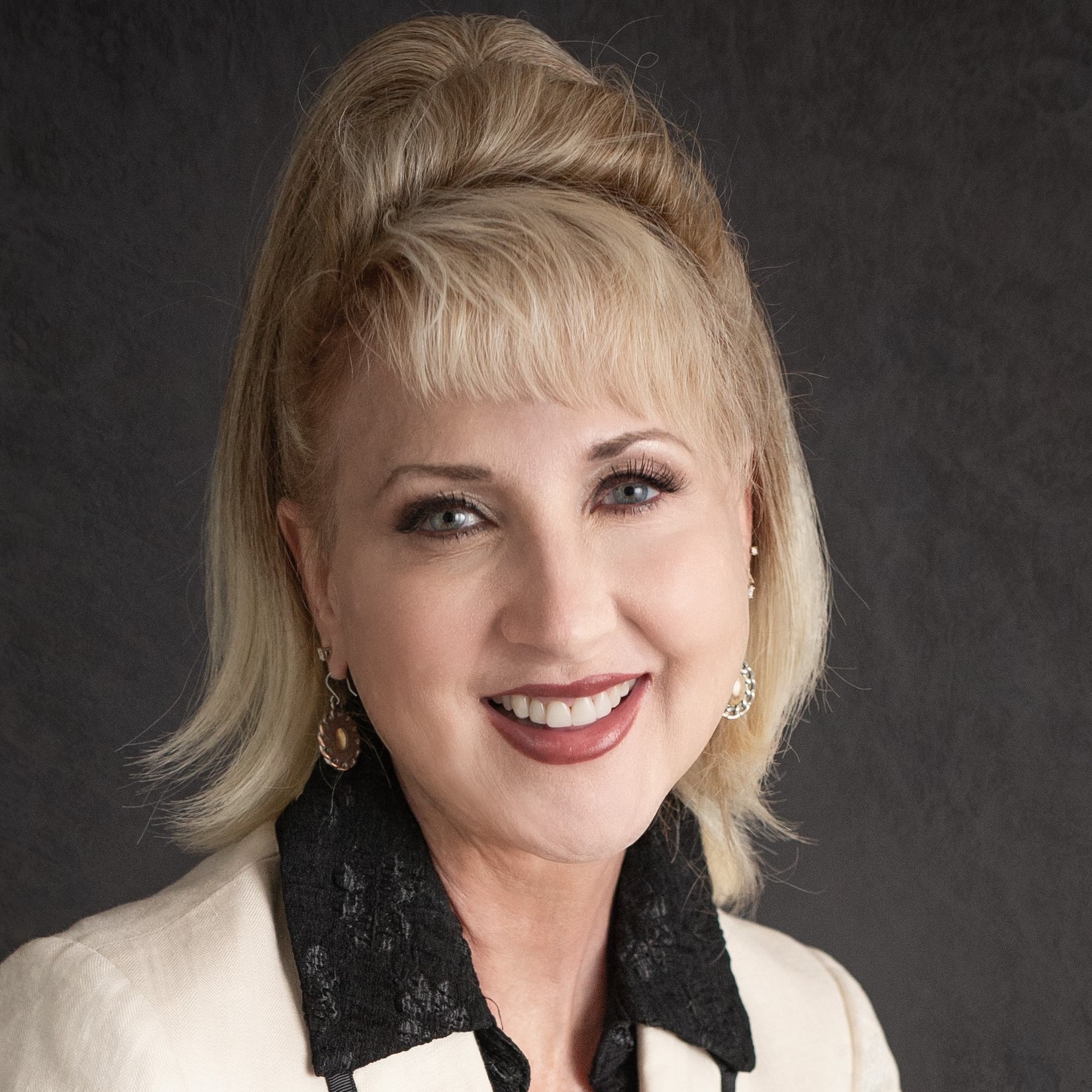Episodes

Monday Jan 15, 2024
Do You Trust Me in the New Year?
Monday Jan 15, 2024
Monday Jan 15, 2024
We all have problems with trust. We want to trust. We get scared to trust. Some of us resist trusting, as if we could get through a single day without trusting anyone or anything. We have all found ourselves to be untrustworthy at times. Some of us trust too easily, layering our hopes on things that have not proven themselves worthy of it. Most of us trust the wrong things at some point. “Trust is a word I understand,” says Cinthia, “until I actually have to do it. It doesn’t feel like a heavy word until I actually have to carry it.” Today Cinthia opens her conversation on trust with Proverbs 3:5-7 and Numbers 23:19.
Cinthia cites the following concept by Henry Morris: “Faith is a noun; trust is a verb.” Faith is something we possess; trust is an action. As an example, she discusses events in 1859 when Charles Blondin became the first man to cross Niagara Falls on a tightrope. Thousands of spectators developed faith in his abilities as they watched him cross a 1,300-foot tightrope, only two inches in diameter. He walked. He ran. He set up a box camera and took pictures of the crowd from the tightrope. He walked backward and blindfolded. He back-flipped. He made an omelet. He did all these things on the tightrope over Niagara Falls before cheering crowds who increasingly had faith that he could do them. But the one who put his active trust in Blondin was his manager Colcord, who rode on Blondin’s back and was carried across the tightrope himself. Blondin told Colcord not to make any attempts to balance himself on the ride but to abandon himself to Blondin for that time, swaying with Him and trusting Blondin to do all the balancing. Colcord actively placed his trust in Blondin and rode safely across the falls. The crowd had faith; Colcord trusted. This is a beautiful picture of what it means to trust God; beyond simply holding beliefs about Him, we actively entrust ourselves to Him, learning to sway when He sways and abandon our own attempts at control. Also, notes Cinthia, we learn to trust Him to do the day we are doing right now, not worry about the next event.
It is popular in our society to encourage people to trust themselves, but trust should always be placed in something worthy of it. For that reason, trust always needs to start and stop with God, not ourselves. God does want us to learn to trust His ability to work through us, become more trustworthy people, and enjoy confidence in the strength He gives us. But using ourselves as the ultimately bedrock of trust is foolish unless we are perfect, and none of us are. Cinthia sums it up this way: “My trust always needs to start and stop with God, not myself. I trust in God as He is making me into a more trustworthy person.” He knows, she explains, that this will take time and be hard. Humans need time, struggle, and so many other things to become more trustworthy, and the task will not be completed fully in this life. The process of becoming more trustworthy is important. We have a responsibility to work toward becoming more trustworthy for ourselves and others.
So what about trusting others? Practically speaking, we have to give the gift of trust to someone; we cannot get through life without doing so. While we cannot place faith in people as if they were our gods, we do give the gift of trust to mistake-making, fallen people, including ourselves. Jesus was able to trust His disciples because He trusted His Father first. He did not make them the foundation of His identity, but He did place some things in their hands. We should choose whom to trust carefully, noticing things like whether they own their mistakes and make them right, and we should work toward becoming more worthy of trust ourselves. But we should not trust everyone all the time. We can even like people and not trust them. Colcord did not trust Blondin because Blondin made the idea sound good; Blondin had practiced his whole life and repeatedly demonstrated his trustworthiness before Colcord rode on his back. But humans are always a risk.
Each of us has places in our lives in which it is particularly hard to trust God. What seems natural and logical to us may not have the stamp of God on it. Cinthia reflects on her own questions about why God gifted her as a musical performer but led her away from life as a full-time performer. But, she says, we must trust in Who God is, not in the circumstances around us. Many of us have so much information about God, but do we actually trust in Who He is? Do we actually let Him be God in our lives? It is incredible that we dare not trust Him when He is so trustworthy, so active, so amazingly loving and beyond us. He is doing everything, working day and night. But many of us get disappointed by various kinds of loss. We all have ideas of how things should be, and life does not always turn out in those ways. We cannot understand all our circumstances, but we can actively place our trust in Who He is. What are the hardest areas for you to trust God? Is it hard to trust Him with your kids? With believing He has forgiven you? With your career or relationship status? With your health? With your identity? With your fears? With helping you to forgive others? With the letting go of an addiction for a day at a time? The middle verse in the Bible is Psalm 118:8, which says, “It is better to trust in the Lord than to put confidence in man.” Cinthia encourages memorizing this verse and others, such as Numbers 23:19; Psalm 2:12; 5:11; 30:4; 34:22; 56:3, Proverbs 3:5-7;16:20; and 29:25. The more our faith is in God, the more trustworthy we ourselves will be. The more we trust God, the more we can change the world.

